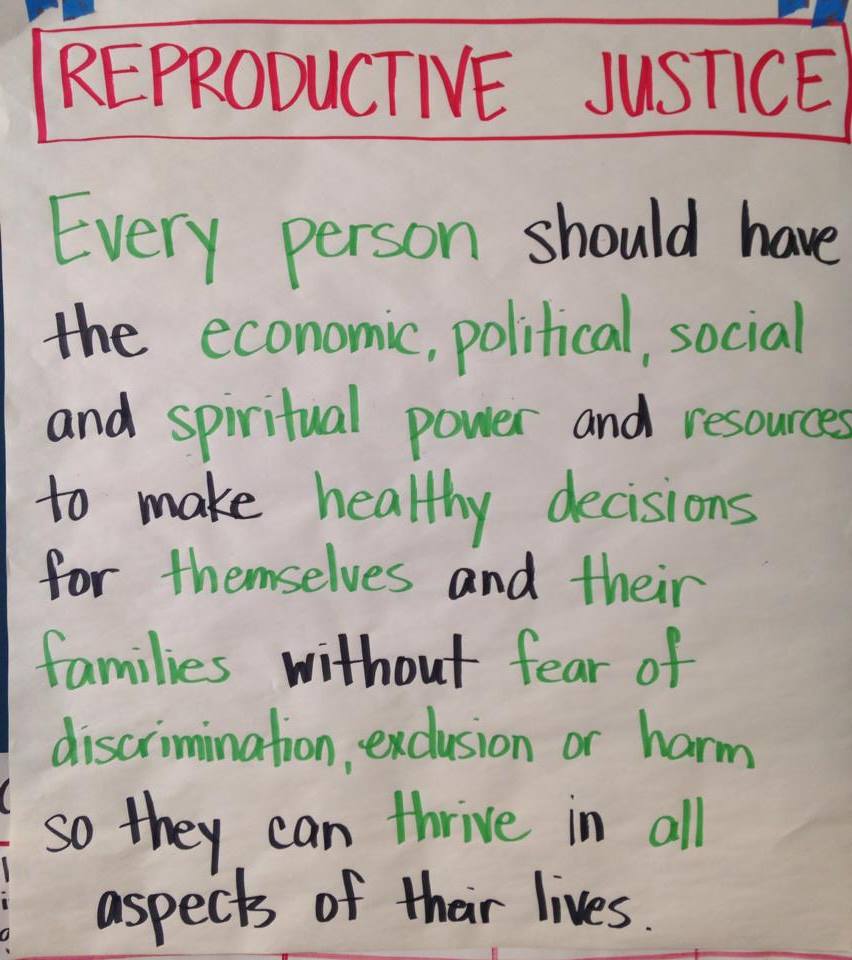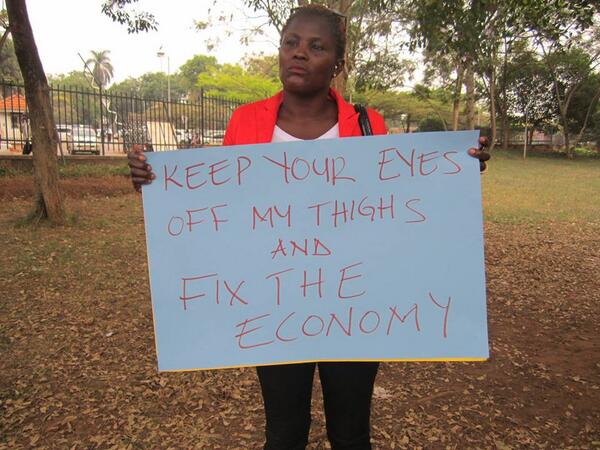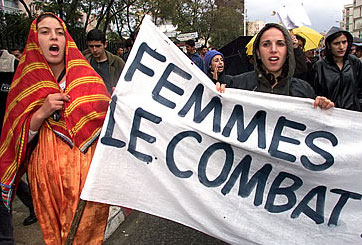
In the United States, a recent set of guidelines for teenage girls’ reproductive health has been released, declaiming various ages for marketing “healthy reproductive practices”.
There is a burgeoning recently of updated guidelines that fix teenage sexual health and life. These include: Chlamydia testing advised for the sexually active adolescent starting as young as 10; LARC (long acting reversible contraception) recommended as first line contraception for girls as young as 14; Plan B available over the counter for 15-18 year olds; HPV vaccination beginning at 12 years of age; and delaying pap smears until the age of 21.
We should wonder: why teenage girls, and why now? The answer is simple. Teenage girls are engaged, and embedded, in a range of ages and activities that make them targets for the for-profit medical industry.
Why does the Plan B over the counter availability start at the age of 15, while the newly designed, streamlined IUD chose 14 years for its recommendation? Why is the newly patented DNA testing for Chlamydia, that is not perceived as sensitive as the old culture, being promoted as an inescapable test for girls on birth control for acne? Meanwhile, pap smears that have proven to be the most effective method to diagnose HPV infection leading to cervical cancer are being withheld until 21 regardless of the woman’s sexual history.
Tests are being indiscriminately assigned by guidelines on a time frame with no connection to the needs of the girl. Doctors are told to follow these guidelines that are based on studies with a positive cost/benefit ratio to the system. The underlying system is not driven by the art of medicine, which demands patients and doctors to talk to each other on an intimate level. Products, devices, and profit margins are the driving force. This epidemic of guidelines keeps teenagers disconnected, fragmented and voiceless.
Once again, in the great scheme of population control, privatization of services and a dearth of social protection, these guidelines have the greatest negative effect on the most vulnerable: teenage girls. In this scheme, girls’ sexuality is not linked to being or becoming a woman (and how is that defined?), but rather something comparable to a package.
The teenage girl is treated as a health package with no prospect of becoming a woman, and yet somehow is treated “like an adult” inasmuch as girls suffer restrictive reproductive health care and reproductive health rights. What does the future hold for teenage girls in this regime, that they are meant to become increasingly and more intensely marginalized women?
(Photo Credit: NARAL Pro-Choice Oregon / Facebook)






